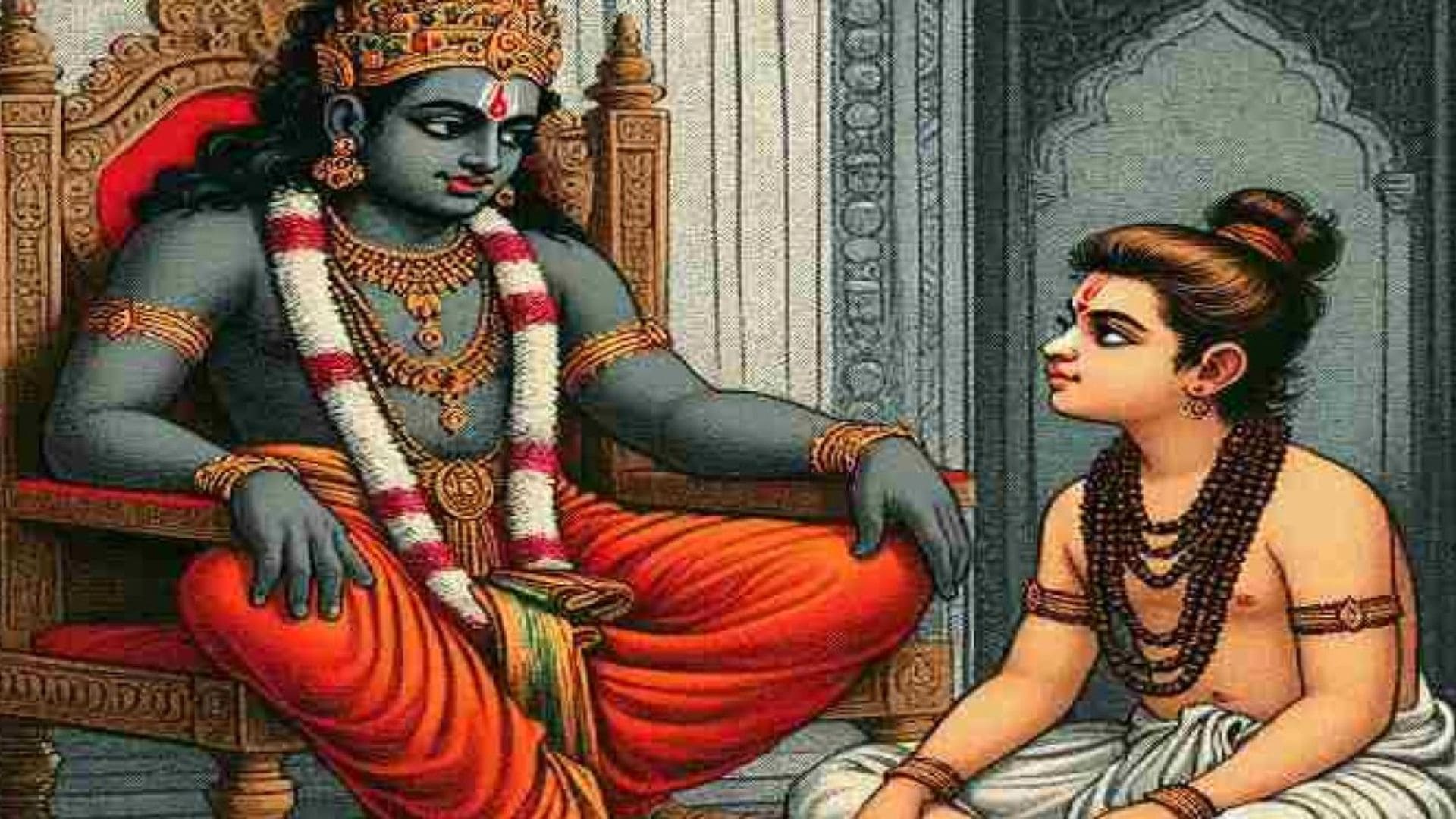
The Three Boons of Nachiketa – A Timeless Spiritual Lesson
There are different versions of this story but the lesson behind it remains the same. Nachiketa is supposed to have been the first seeker in the world, maybe the first significant one. The First boon: For the first boon, Nachiketa says that his father was very upset with him. Therefore, he asks for the issues with his father to be resolved and let peace prevail. This actually indicates the teaching of Forgiveness Sadhana and Healing. Asking for this teaching from the Lord of Death, emphasises the importance of forgiveness. The Second boon: Nachiketa requests Lord Yama to teach him the Sacred Fire Sacrifice. There are many fire rituals. But he specifically asks for the fire sacrifice. We generally offer good things to God, like flowers, food, etc. We offer Him whatever is best, our love, devotion, etc. All these are purer and refined energies. What is sacrifice? Weaknesses are also energy. If you can’t transform a certain quality, you can offer it as sacrifice to fire. The fire burns and transforms it into heat energy. Thus, we sacrifice our weaknesses to fire or Lord Sun. Sun is a great purifier. While sacrificing, we say, “burn this sacrifice and accept the offering”. Since it’s burned and then consumed, we are entitled to receive the blessings! The Third Boon- Then Nachiketa asked him, “What is the secret of death? What happens after death?”Yama answered, “You are the atman! The atman is eternal. It was never born. It can never be destroyed. It is pure and full of happiness.” Yama further explained, “Think of the body as the chariot, and atman as the person sitting on the chariot. The atman can guide the chariot in a good direction or a bad direction. Always drive it in a good direction!”
Similar Stories
Explore the extraordinary life and spiritual significance of Srila Vyasadeva, an empowered incarnation of God. Learn about his role in compiling the Vedas, his immense lifespan within Brahma's cosmic cycle, and his divine insights into past, present, and future as revealed in the Bhagavad Gita.
Discover the profound philosophy of moksha — the dissolution of ego into the Parabrahman — and the unity underlying diverse spiritual paths like Vedanta, Tantra, and Bhakti. Understand how personal perceptions, karma, and practices shape experiences of the Absolute, and why inclusivity, non-violence, and righteousness are key to true liberation.
Discover the key dates and spiritual significance of Kumbh Mela 2025, including the Shahi Snan on Makar Sankranti (January 14), Mauni Amavasya (January 29), and Basant Panchami (February 3). Learn about the profound rituals, planetary alignments, and the sacred journey of millions seeking spiritual renewal and divine blessings.
Astrology, Mantras, Events, Stories & More.
